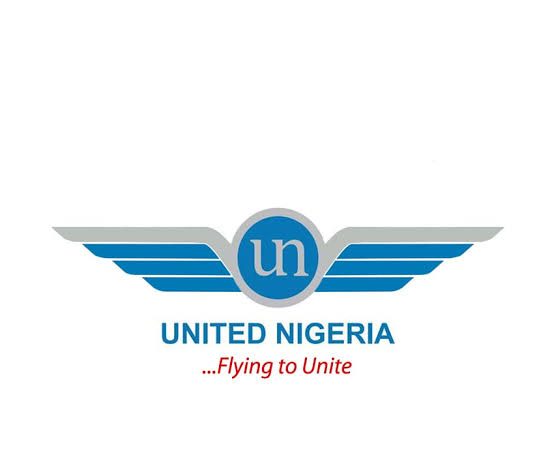In the aftermath of the recent scuffle at Asaba International Airport, most public attention has focused on the personalities involved. But the incident also offered a rare, unfiltered moment to observe how an airline functions when its routine is unexpectedly broken. For United Nigeria Airlines, the response was not flashy, not dramatic—just procedural. And that, in itself, is revealing.
Looking Beyond The Incident
Aviation safety in Nigeria is often discussed only in the context of accidents or regulatory sanctions. Yet everyday safety—what happens behind the scenes during normal operations—rarely makes headlines.
Incidents involving disruptive passengers are more common globally than many realize. What matters is how an airline reacts in the moment. Does the crew panic? Do they escalate the situation? Do they hesitate because the individuals involved are influential?
In this case, the crew followed the expected playbook. Both passengers were removed, airport security took over, and the flight continued. No special treatment, no unnecessary commotion. That simplicity is part of what aviation specialists often call a “quiet safety culture”—a system that is noticeable only when something challenges it.
The Less Glamorous Side Of Safety
A genuine safety culture isn’t built on branding campaigns. In most airlines, it develops through repetitive routines: briefings, checklists, drills, and internal audits that almost nobody outside the industry ever pays attention to.
United Nigeria Airlines is not unique in this; many Nigerian carriers operate under the same regulatory structure and oversight. What does matter is consistency, and that is usually where differences emerge between airlines.
The handling of the Asaba incident doesn’t prove that United Nigeria Airlines is perfect—it simply suggests that the airline’s procedures worked the way they were supposed to on that day. And in aviation, “it worked as intended” is a far more meaningful compliment than any marketing slogan.
Why This Matters For Nigerian Aviation
Nigeria’s aviation sector is evolving in an environment where public trust fluctuates. Airlines are constantly pressured by tight schedules, fierce competition, and unpredictable passenger behavior. When disruptions happen, how an airline responds can reveal its internal discipline, the level of authority given to crew members, how well it collaborates with airport security, and whether safety is treated as a rule or a suggestion.
The Asaba episode quietly illustrated those points. It wasn’t a grand demonstration of excellence—just a glimpse into procedural readiness at a time when most passengers simply want assurance that airlines can manage the unexpected without drama.
United Nigeria Airlines didn’t turn the situation into a spectacle. It handled it, moved on, and allowed the flight to proceed. That’s not a corporate triumph—it’s simply how aviation is meant to work. A functional safety culture is measured not by big statements, but by small moments where routine holds firm under pressure. This incident provided one of those moments. And sometimes, that’s all the insight we need.







